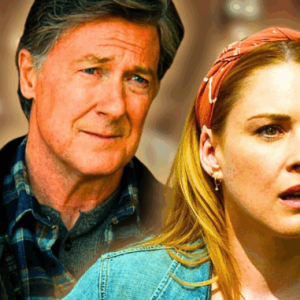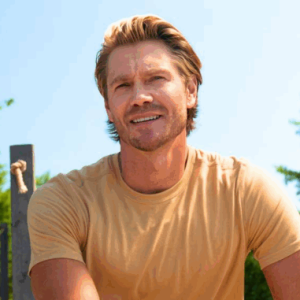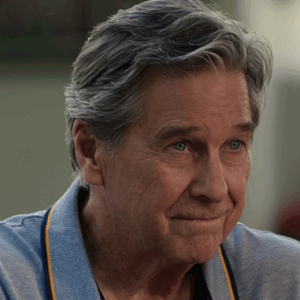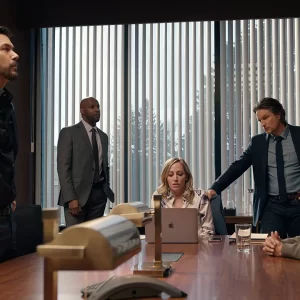There are stories that entertain, and then there are stories that reflect us—our hopes, our fears, our daily struggles to be understood. The Good Doctor does both, and it does so with unflinching honesty, led by a protagonist who redefines what it means to be exceptional.
Dr. Shaun Murphy is not your typical surgeon. He doesn’t command a room with charm. He doesn’t build trust with small talk. He doesn’t play by the social rules most of us take for granted. But what he lacks in convention, he makes up for in brilliance—a kind of brilliance that doesn’t just diagnose the undiagnosable, but also forces the world around him to question the system it so tightly clings to.
From the moment he steps foot in St. Bonaventure Hospital, Shaun becomes more than a new surgical resident—he becomes a lightning rod. His presence challenges every assumption his colleagues have about what a “good doctor” should be. He’s young, autistic, and savant—terms that to some inspire curiosity, and to others, suspicion. In a high-stakes environment where intuition, bedside manner, and quick social calibration are valued almost as much as medical skill, Shaun’s differences don’t go unnoticed. They go under the microscope.
His brain is a marvel—processing complex information with machine-like precision, visualizing anatomy in ways that can make even the most experienced surgeons pause. But brilliance, as The Good Doctor so powerfully shows us, isn’t a free pass in a broken system. It’s often met with resistance. Distrust. Even fear. And so, every episode becomes more than a medical puzzle—it becomes a question of survival. Can pure talent triumph when wrapped in a form the system doesn’t recognize or respect? Can a young man who struggles with communication still lead a team, save a life, make a difference?

The answer, again and again, is yes. But never easily. Shaun isn’t granted success. He earns it—painfully, slowly, and with constant scrutiny. His victories are never taken for granted. He has to fight for the right to be seen. To be heard. To be included. And not because he’s flawless—but because he’s human. And through that humanity, he slowly begins to crack the hardened exterior of those around him.
Dr. Glassman, his long-time mentor and father figure, believes in Shaun’s potential, even as he fears for his fragility. Dr. Claire Browne sees his sincerity before his silence. Dr. Melendez learns to respect the brilliance behind Shaun’s often blunt delivery. And then there’s Lea—his friend, his love, his tether to a world that doesn’t always feel safe.
But even with that support, Shaun is never immune to pain. He is mocked. Rejected. He loses patients and friends. He is reminded, time and again, that the world often doesn’t know what to do with someone like him.
And that is where The Good Doctor elevates itself beyond formulaic television. It becomes a lens through which we can examine our own discomfort with difference. It forces us to ask: How many Shaun Murphys have we ignored, underestimated, or excluded simply because they didn’t look or sound the way we expected? This show doesn’t ask you to feel sorry for Shaun—it asks you to respect him. To understand that genius, empathy, and dedication can take many forms. That being different is not a limitation, but often, a strength waiting to be recognized.

The Good Doctor is also an unfiltered commentary on the medical system itself. It exposes the politics of hospitals, the moral dilemmas of life-or-death decisions, and the pressure to conform in order to be accepted. Through Shaun’s eyes, we see not only the flaws in medicine—but in ourselves. Our tendency to judge too quickly. Our discomfort with the unfamiliar. Our fear of what we can’t control.
And yet, the show is never cynical. It is filled with hope. With growth. With characters who evolve, patients who surprise, and moments that remind us that transformation often begins with discomfort. Because when someone like Shaun walks into the room, everything changes. He may not fit the mold, but that’s precisely why he’s essential. He reminds us that strength doesn’t always roar—it often whispers through persistence. That compassion can come without eye contact. That truth doesn’t need to be polished to be powerful.





